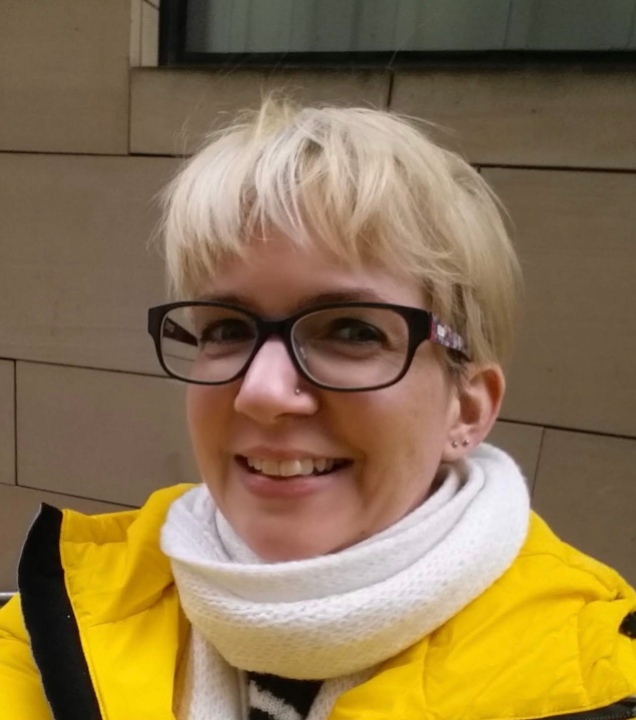I have written before about being driven to be highly organised, and not feeling sure whether this is an entirely healthy thing. I’ve been thinking about this again in light of my recent forays into Brene Brown’s shame resilience work, and Stoicism.
I think the habit started in my mid-twenties. I have been sort of a late bloomer in terms of finding my way into a career, and did not progress through the expected milestones of adulthood through my twenties. It turns out I was at the head of an entire wave of young people that would experience such things; at the time, though, I think I internalised it as a large chunk of personal failure. I could see that I had it harder than the previous generation in terms of things like house prices, but I still felt I should have been “wise” to this and pre-empted the issue with better life planning.
It seems I embraced being organised, goal-driven and intentional about how I spend my time, to try to protect myself from further insecurity. Which is sensible up to a point; but I think my excessively teeth-gritting, self-policing, whipping-myself-into-shape approach to everything in life has been an overreaction to the “failure”, and reflects an overly negative view of my own fitness for adult life. There is something in me that tends to always see the worst, to be pessimistic; I crave safety and control, to be on top of everything, to close down every possibility of things going wrong. Put simply, I am a worrier.
There is also a shame aspect to it: I was running away from the unwanted identity that I ascribed to my younger self of a naive drifter, coasting through my education not thinking about the world of work and the bigger picture of life. I felt foolish and stupid and determined to change who I was.
Under this oppressive mindset, it is hard to ever feel completely happy about how I spend my time. The same fear of failure driving me to be proactive about important things also makes the important things daunting; there is a resistance in me to the vulnerability of trying new things. Attempting to live life by a to-do list and operating constantly in analytical mode does not always help, either: such a safety-seeking, closing-down orientation is the opposite of the vulnerable opening-up approach needed to be creative.
Rebalancing my expectations of myself is helping. I have just spent a pleasant week off work with lots of unstructured time, allowing myself the flexibility to go for walks when the sun is shining and rest when I am tired, not burdening myself with over-ambitious lists of things I must get done in this time. I am OK with not having got around to any DIY jobs. And I am learning to like being the dreamy, thinky person I am.
I think Stoicism has some pretty good answers to the fear part of the equation. The “premeditation of adversity” was the practice that first piqued my interest, having read about it in Oliver Burkemann’s book. Facing my worst fears head-on and bringing reason and rationality to them – particularly, the notion that it would, somehow, still be possible to feel OK about my life even if the very worst things happened – is helpful for dispelling habitual fear and getting back that sense of adventure.
And I’m starting to think that recognising the limits of my control, and developing Stoic acceptance of what lies beyond them, could also be very helpful. Although it may be uncomfortable to acknowledge those limits, it is also kind of a relief.


